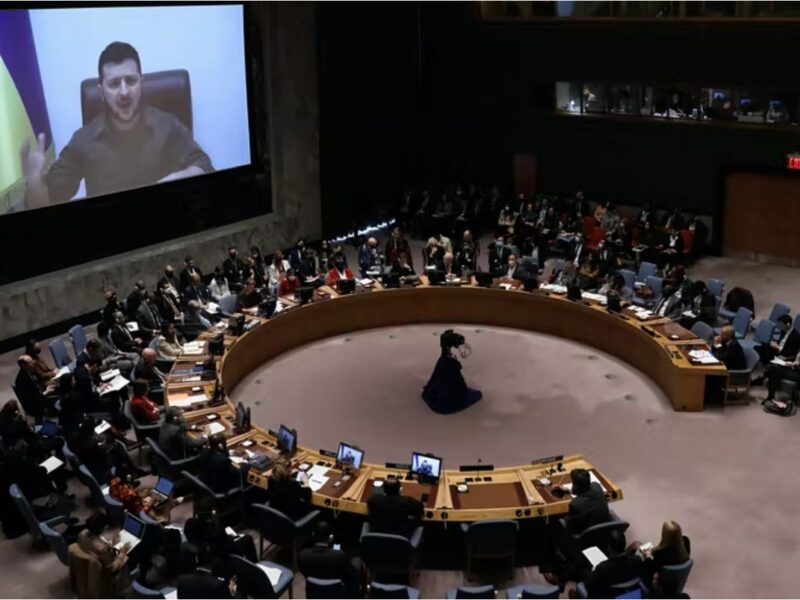I assume that had South Africa chosen to make defending the principle of territorial integrity and sovereign equality a priority, and lobbied other African governments to support it, there would have been a much better show of African solidarity in voting for the resolution.
AuthorJohn J Stremlau
Professor John Stremlau is Honorary Professor of International Relations, University of the Witwatersrand.
He is the former vice president for peace programs at The Carter Center (2006-2015). During this time, he oversaw the Center's programs to advance human rights, democracy, and conflict resolution globally; regional cooperation in the Americas; and promotion of grassroots democracy, rule of law, and social justice in China.
From 1998 to 2006, he resided in South Africa where he was Jan Smuts Professor and head of international relations and the founding director of the Centre for Africa's International Relations at the University of the Witwatersrand, Johannesburg. Previously, he served as senior adviser to the Carnegie Commission on Preventing Deadly Conflict in Washington, D.C. (1994-1998), deputy director for policy planning in the office of the U.S. Secretary of State (1989-1994), strategic planning officer for the World Bank (1988-1989), and an officer of the Rockefeller Foundation (1974-1987), directing its international relations division from 1984-1987.
At the Rockefeller Foundation, his responsibilities included supporting research and training in the fields of international security, arms control, and international economic cooperation. He also administered a special trustee-supported program to fund black leadership development in South Africa.
Dr. Stremlau publishes extensively on foreign affairs and is a frequent media commentator on international network news programs. He authored "The International Politics of the Nigerian Civil War" and edited several books.

